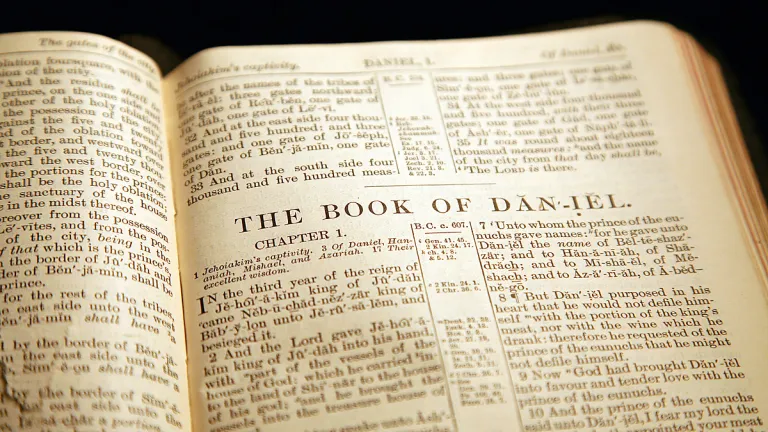Jesus: Not an Angel but the Angel

Of the many Old Testament references to angels of God, there are a few where One called “the Angel of the Lord” is also identified as “the Lord” (Genesis 16:10-13; Genesis 22:11-12; Exodus 3:2-6; Judges 13:3-22). But how can an angel of God be God Himself? This is evidently the same figure referred to as “the Angel of His Presence” in Isaiah 63:9, as well as the “Angel” God sent to lead the Israelites through the wilderness to the Promised Land (Exodus 14:19; Exodus 23:20).
The word “Angel” here can cause confusion, as it is typically used to refer to created spirit beings who are lesser than God. However, the Old Testament Hebrew word from which the word “angel” is translated, malak, simply means “messenger,” as does the New Testament Greek equivalent angelos (from which we get the English word angel).
We must look at the context to determine whether a human or spirit messenger is meant. In this case, we have the Messenger of God who is also God. Clearly, there is only one entity fitting this description. It is an exact parallel to the Word of God who is also God—the One who became Jesus Christ (John 1:1-3; John 1:14).
Consider an Old Testament prophecy declared in the New Testament to refer to John the Baptist and Jesus Christ. God said: “Behold, I send My messenger [malak, here referring to John the Baptist], and he will prepare the way before Me. And the Lord, whom you seek, will suddenly come to His temple, even the Messenger [malak] of the covenant [that is, Jesus Christ, Mediator of the New Covenant], in whom you delight. Behold, He is coming” (Malachi 3:1; compare Matthew 11:9-11; Mark 1:1-2; Hebrews 12:24).
The “Lord” here is God, for He comes to “His temple.” Yet He is also a Messenger—a malak, the term elsewhere rendered “angel.” Jesus is thus the Lord God. Yet He is also the Messenger of God the Father.
But He is not like the other spirit messengers of God. Jesus had no beginning but is “from everlasting” (Micah 5:2). The other spirit messengers were created (Hebrews 1:7). And they were created by Him! (Colossians 1:15-17). He is their Creator—their Lord and God along with the Father.
Some try to equate the archangel Michael with Jesus. But Michael is called “one of the chief princes” (Daniel 10:13), hardly a way to characterize the Creator of all other angels. And Michael “dared not” denounce Satan in a dispute over the body of Moses but said, “The Lord rebuke you” (Jude 1:9). This just does not fit with the One who made the angel who became Satan and who is Himself Lord along with the Father. Also, there is no association made in Revelation 12 between Jesus as the Child to rule all nations (Revelation 12:4-5) and Michael mentioned just after (Revelation 12:7).
Jesus, at the end of His human life, prayed, “And now, O Father, glorify Me together with Yourself, with the glory which I had with You before the world was” (John 17:5). Then He returned to “the right hand of the Majesty on high, having become so much better than the angels, as He has by inheritance obtained a more excellent name than they. For to which of the angels did He ever say: ‘You are My Son, today I have begotten You’?” (Hebrews 1:3-5).
The angels are referred to as “sons of God” by virtue of having been created (Job 38:7), whereas Jesus became the Son of the Father through being actually begotten of the Father in flesh and Spirit. “But when He again brings the firstborn into the world, He says: ‘Let all the angels of God worship Him’ . . . To the Son He says: ‘Your throne, O God, is forever and ever . . .’” (Hebrews 1:6-8).
Jesus “has gone into heaven and is at the right hand of God, angels and authorities and powers having been made subject to Him” (1 Peter 3:22).
Clearly Jesus Christ is far above all the angels—yet He is the Angel in terms of being the Father’s Messenger.







